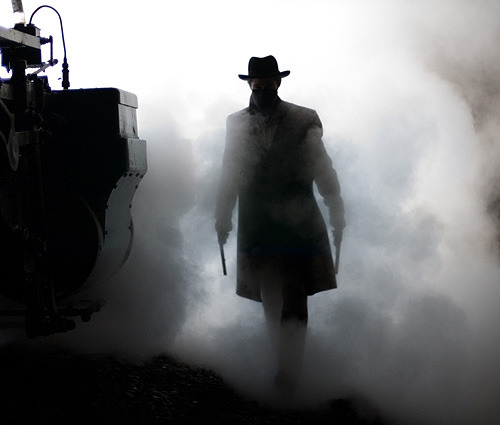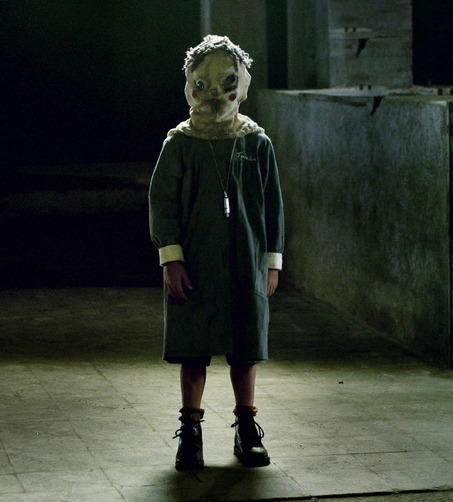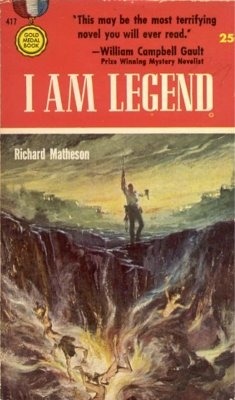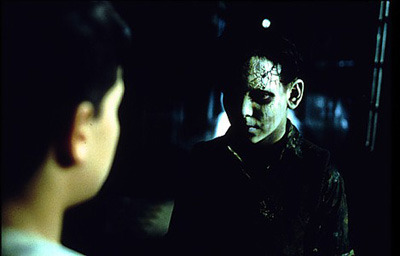Planet Terror
You know how it goes - it's Friday night, it's another weekend where you don't get to go out, so you decide on a few beers and a night in front of the telly. You decide on a loose theme: something creepy, something fairly recent - but something unconventional, a bit different from the recent glut of lame horror remakes. Using that criteria, what do you choose?
Celebrating a return to prosthetics and mechanical effects, the two films suggested here recall the spirit of earlier 80s science fiction horror. Both movies premiered back in '07 but failed to find their target audience, which is a shame - both enjoy an eclectic cast who play with our expectations of genre stereotypes; both feature great set-piece moments and twisty endings.
The Mist
The Mist (2007)
Frank Darabont follows his successful Stephen King adaptations of Shawshank and Green Mile with this outright horror movie on a much smaller budget. Great source material - the original novella was always deemed unfilmable due to the scope of the nasty things that come out of the mist; now we have CGI to make them real.
Part monster movie, part survivalist nightmare, this has the feel of the creepiest Twilight Zone episodes - key scenes are set in confined locations, yet we get a sense of a world suddenly thrown seriously awry...
The Mist realises the monstrosities creeping out of the fog with varying degrees of success - the best examples are things only slightly seen. And a controversial ending guarantees a slap awake before the next movie.
Planet Terror (2007)
This celebration of 70s exploitation movies was a failed experiment; originally, Planet Terror was part of a double-bill (coupled with Quentin Tarantino's Death Proof), complete with fake ads and trailers. It's all here - damaged filmstock, paper-thin characters and lurid violence, even a whole reel missing from the film, but it's done with such knowing panache, you can't help but be won over by it's charms.
The double bill was a box office disaster and was pulled from general release within a week or two of launch. Subsequently, much of the charm of the concept has been lost (besides the 20 minutes or so featuring Kurt Russell, Death Proof really isn't worth watching on it's own).
The great news for DVD viewers is that Planet Terror retains the spoof trailer for Machete - a loving, hilarious homage to exploitation movies, setting the tone for the main feature. Once the title sequence kicks in, we get Rose McGowan doing a pole-dance as the filmstock blisters and bulges, the screen burning with pumped-up primaries. Did I say it was Friday night?
This piece of the Grindhouse makes for lively, goofy, gory fun, but won't demand too much in return.































